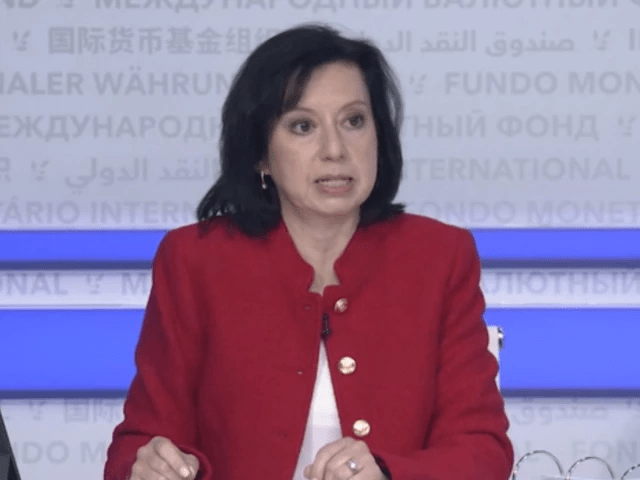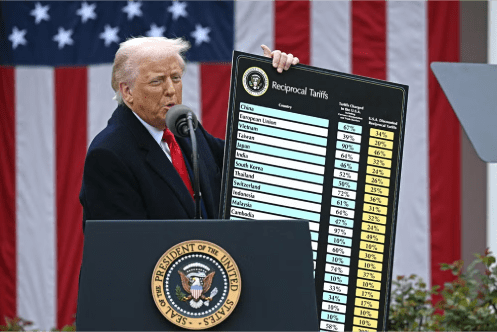ISLAMABAD: The Competition Commission of Pakistan (CCP) is initiating a comprehensive study to examine the country’s solar energy market, focusing on challenges such as grid capacity constraints and barriers that may be slowing the adoption of solar power across Pakistan.
Conducted under Section 28(b) of the Competition Act, 2010, the research will be carried out through CCP’s Centre of Excellence in Competition Law (CECL). The study aims to assess industry dynamics, identify regulatory and structural hurdles, and propose policy recommendations to foster a more competitive and efficient solar energy market.
According to official sources, the CCP has sought expert input to address data limitations and better understand market complexities. The study will analyze key factors influencing competition — including policy frameworks, market access, pricing mechanisms, and coordination between federal and provincial authorities.
To gain a detailed perspective, the CCP has requested comprehensive responses from the Power Division on several critical issues, such as the division’s role in solar development, policy incentives, project award processes, tariff-setting mechanisms, grid integration challenges, and the effectiveness of the net metering policy. The study also seeks to determine whether anti-competitive practices or market dominance exist within the solar value chain and how easily new domestic or foreign companies can enter the market.
Recently, Secretary Power Dr. Fakhr-e-Alam Irfan informed a parliamentary panel that net-metered solar capacity has reached 6,000 MW, while off-grid systems account for another 12,000 MW installed directly by consumers. He cautioned that the rapid expansion of distributed solar generation could pose challenges to national grid stability, underscoring the need for balanced regulatory oversight and system planning.
The CCP’s findings, once completed, will be shared with relevant stakeholders — including policymakers, regulators, industry representatives, and academia — to support evidence-based decision-making and strengthen Pakistan’s transition toward a competitive and sustainable solar energy market.
Story by Mushtaq Ghumman







